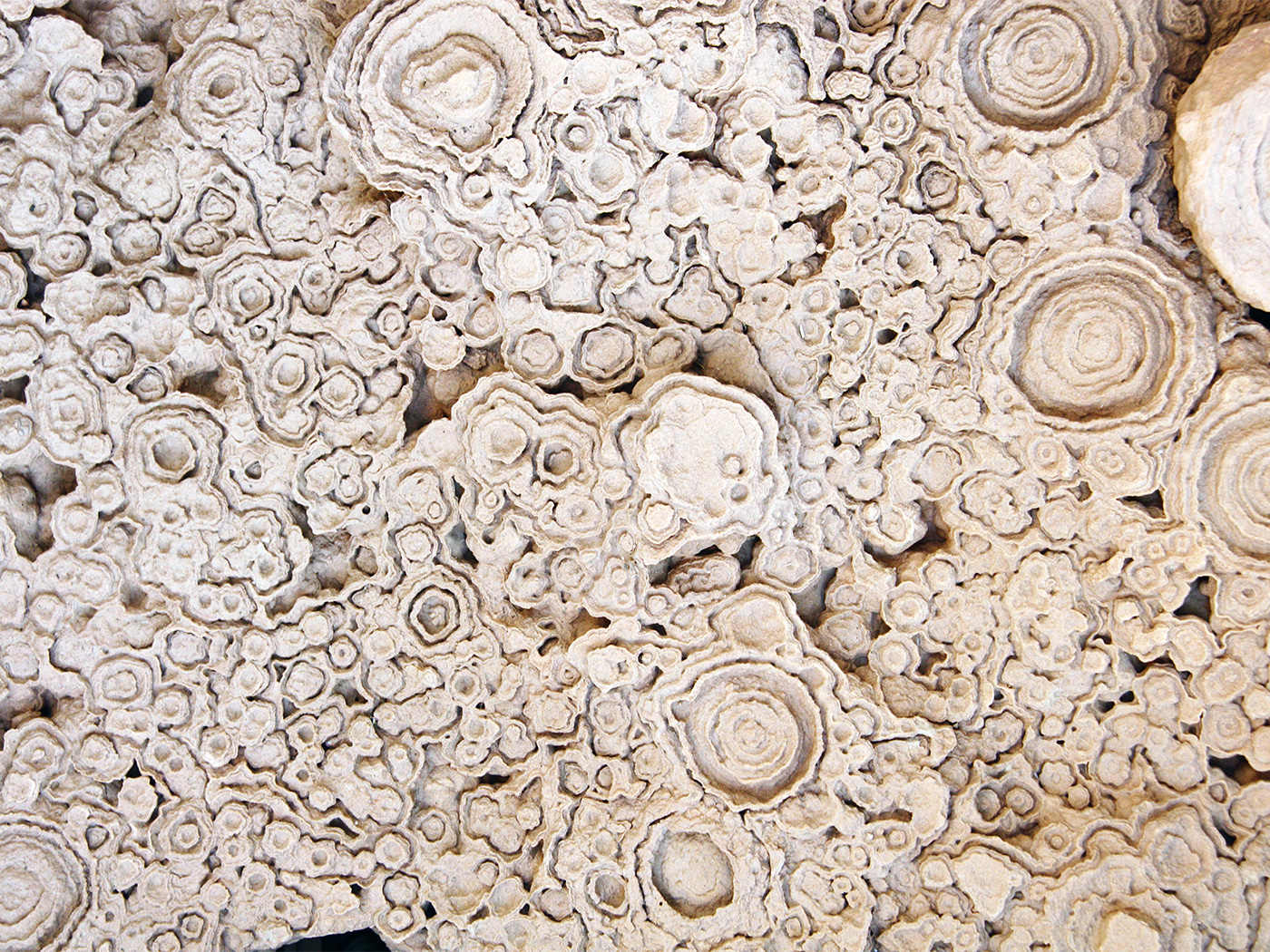"I will declare the decree: the LORD hath said unto me, Thou art my Son; this day have I begotten thee." (Psalm 2:7)
There are many today (especially Muslims, Jews, and Christian "liberals") who are monotheists, believing in one supreme God but rejecting the deity of Christ. They argue that the doctrine that Jesus was the unique Son of God was invented by the early Christians and that the God of the Old Testament had no Son. Orthodox Jews in particular emphasize Deuteronomy 6:4: "Hear, O Israel: The LORD our God is one LORD."
The fact is, however, that there are a number of Old Testament verses that do speak of God's only begotten Son. Note the following brief summary.
First, there is God's great promise to David: "I will set up thy seed after thee, . . . I will be his father, and he shall be my son. . . . thy throne shall be established for ever" (2 Samuel 7:12, 14, 16).
Consider also the rhetorical questions of Agur. "Who hath established all the ends of the earth? what is his name, and what is his son's name, if thou canst tell?" (Proverbs 30:4).
Then there are the two famous prophecies of Isaiah, quoted so frequently at Christmas time. "Behold, a (literally 'the') virgin shall conceive, and bear a son, and shall call his name Immanuel (meaning 'God with us')" (Isaiah 7:14). "For unto us a child is born, unto us a son is given: . . . and his name shall be called Wonderful, Counsellor, The mighty God, The everlasting Father, The Prince of Peace" (Isaiah 9:6).
Perhaps the most explicit verse in this connection is our text. "The LORD hath said unto me, Thou art my Son" (Psalm 2:7). Then this marvelous Messianic psalm concludes with this exhortation: "Kiss the Son, . . . Blessed are all they that put their trust in him" (Psalm 2:12). HMM














